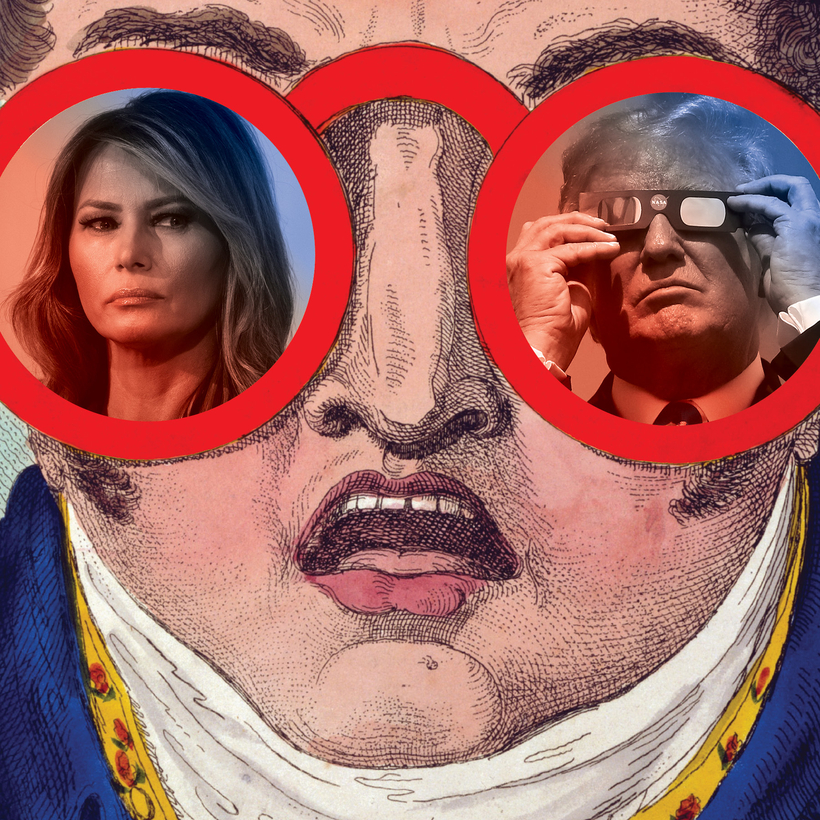Even with the numbing profusion of news that streams from Donald Trump’s White House daily, the demand for fresh and reliable information still outstrips the available supply. How did this happen? Why did he do that? How on earth has he survived and what the hell will he do next? And what’s the real story, anyway?
Fear not. The book-publishing industry has stepped into the void, angling to fill every last little lacuna left by the 24-7 news cycle with a flood of tell-alls, rehash-alls, and educated-guess-alls strategically timed to land in the run-up to November’s election. The collective result is a portrait of dysfunction, incompetence, malfeasance, seaminess, and cynicism every bit as head-spinning as the president who produced it. The takeaway is that oldest of Washington truisms: It’s even worse than it looks.


